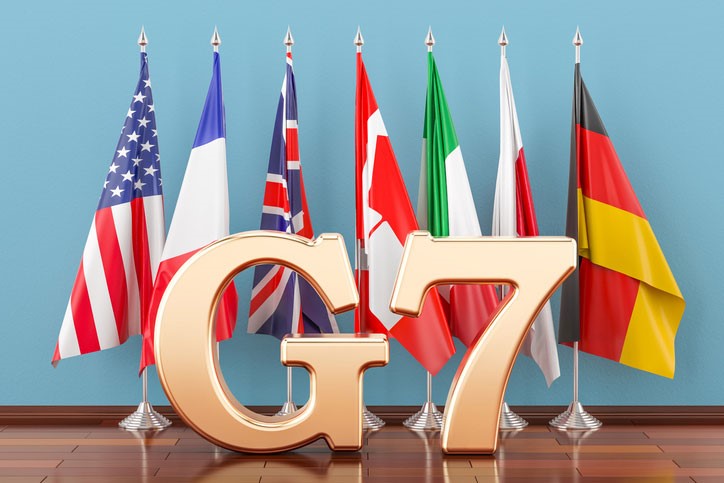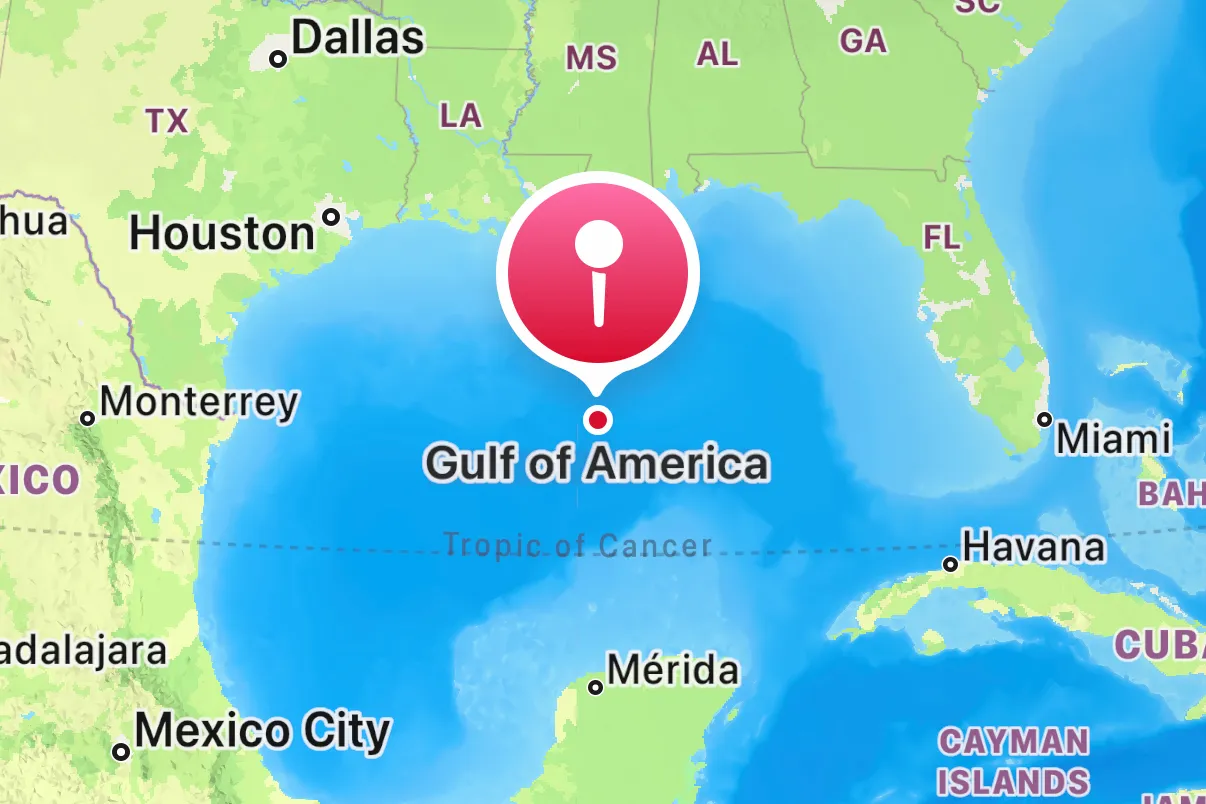- Courses
- GS Full Course 1 Year
- GS Full Course 2 Year
- GS Full Course 3 Year
- GS Full Course Till Selection
- Answer Alpha: Mains 2025 Mentorship
- MEP (Mains Enrichment Programme) Data, Facts
- Essay Target – 150+ Marks
- Online Program
- GS Recorded Course
- Polity
- Geography
- Economy
- Ancient, Medieval and Art & Culture AMAC
- Modern India, Post Independence & World History
- Environment
- Governance
- Science & Technology
- International Relations and Internal Security
- Disaster Management
- Ethics
- NCERT Current Affairs
- Indian Society and Social Issue
- NCERT- Science and Technology
- NCERT - Geography
- NCERT - Ancient History
- NCERT- World History
- NCERT Modern History
- CSAT
- 5 LAYERED ARJUNA Mentorship
- Public Administration Optional
- ABOUT US
- OUR TOPPERS
- TEST SERIES
- FREE STUDY MATERIAL
- VIDEOS
- CONTACT US
G7 GROUPING
G7 GROUPING
09-03-2023

G7 GROUPING
ABOUT
- The Gathering of 7 (G7) is a casual gathering of seven nations — the US, Canada, France, Germany, Italy, Japan and the European Union and different invitees.
- The member nations account for 10% of the world's population and 40% of GDP. The G7, in contrast to other organizations like NATO, does not have a permanent secretariat, members, or a legal existence.
- Additionally, it has no binding effect on policy, and all commitments and decisions made at G7 meetings must be independently ratified by member states' governing bodies.
- In 1998, Russia was also asked to join the group. Up until 2014, when Russia was kicked out of the group due to its annexation of Crimea from Ukraine, the group was known as the G8.
- Each of the seven nations takes the presidency of the G7 meetings each year. The meeting is organized and hosted by the nation holding the presidency.
KEY ACHIEVEMENTS OF THE GROUP
- Numerous global initiatives were initiated at the G7 Summit. The G7 nations agreed in 1997 to contribute $300 million to the effort to contain the effects of the Chernobyl reactor meltdown.
- Following that, members of the summit in 2002 decided to initiate a coordinated response to combat AIDS, tuberculosis, and malaria. Their endeavors prompted the development of the Worldwide Asset, an imaginative supporting system that has dispensed more than $45 billion in help and, as per its site, has saved the existences of north of 38 million individuals.
- The Global Apollo Program was established in 2015 as a result of the G7 summit meeting. The Apollo Program, which was created by the UK to combat climate change through research and development of clean energy, did not gain traction until the other G7 nations agreed to support it.
- From 2015 to 2025, developed nations are required to dedicate 0.02% of their GDP to combating climate change, according to the program. over a ten-year period, a sum that would total USD 150 billion.
CRITICISM
- The G7 has been criticized extensively and has been involved in a number of controversies, despite its accomplishments.
- Until the middle of the 1980s, G7 meetings were held in private and casual settings. Nonetheless, after conversations at a G7 culmination in 1985, part nations in this manner marked the Square Agreements, an understanding that had significant implications for worldwide money markets.
- The fact that a meeting between a small group of countries could have such a disproportionate impact on the global economy sparked strong international opposition to their actions.
- Markets were able to prepare themselves for potential shifts in global macroeconomic policy when the G7 began prioritizing the agenda of their meetings in response to this backlash.
- However, the G7 continues to be viewed by a number of nations and individuals as an exclusive, closed group that blatantly exercises power over other nations.
- Since 2000, almost every summit has been met with protests and demonstrations in the nation where it was held.
G7 and India
- Due to its exclusion of India and China, two of the largest economies in the world, the G7 has come under fire for being out of date and ineffective over the past few decades.
- India has been invited to the G7 summit in 2021 as a special guest, despite not being an official member of the group. This is the second time Prime Minister Modi has been asked to participate in discussions this year.
- As a major vaccine manufacturer and consumer, India will be particularly interested in global vaccine delivery discussions.
G7 vs G20
- The absence of a forum for international financial matters that included developing economies became more glaring as they began to represent a larger portion of the global economy.
- In response, the Group of Twenty (G-20) was established in 1999, consisting of all G-7 members, 12 additional nations, and the EU. Markets like China, Brazil, India, Mexico, and South Africa—all members of the G-20—are seeing an increase in their economies and trade activity. As a result, many observers now believe that the G-20 is eclipsing the G-7 in many ways.
Must Check: Top IAS Coaching Institute In Delhi
Tensions Between Iran and Israel
Tensions Between Iran and Israel


-1678355152849.jpg)